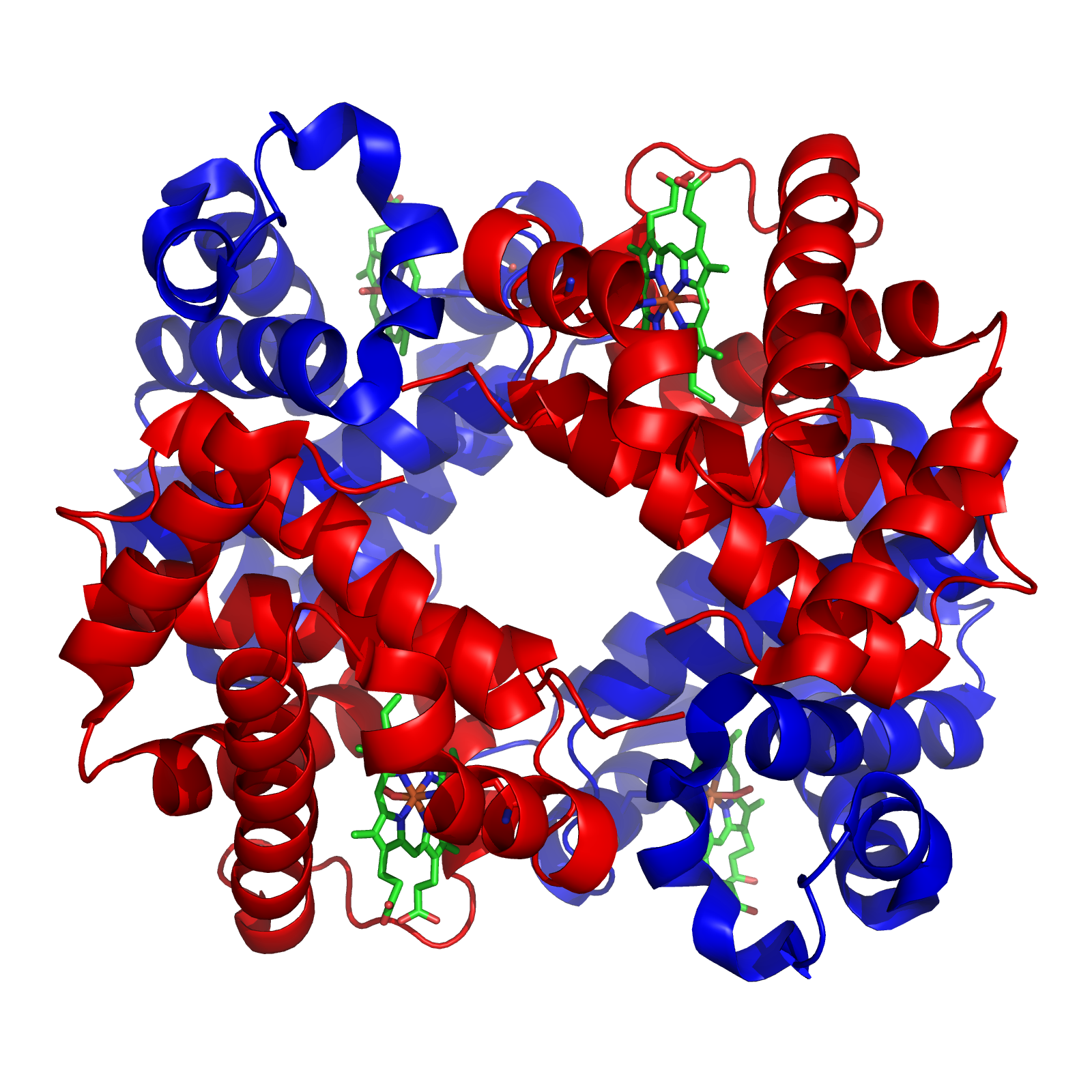|
Northern Ireland Blood Transfusion Service
The Northern Ireland Blood Transfusion Service (NIBTS) is an independent, special agency of the Department of Health in Northern Ireland Northern Ireland ( ga, Tuaisceart Éireann ; sco, label= Ulster-Scots, Norlin Airlann) is a part of the United Kingdom, situated in the north-east of the island of Ireland, that is variously described as a country, province or region. Nort ..., responsible for the collection testing and issuing of blood and blood products to hospitals throughout Northern Ireland. An emergency Blood Transfusion Service was established at the Royal Victoria Hospital in 1941 as a result of the Second World War. NIBTS was established by the Ministry of Health in 1946. References External links * Blood banks in the United Kingdom Health and Social Care (Northern Ireland) {{UK-med-org-stub ... [...More Info...] [...Related Items...] OR: [Wikipedia] [Google] [Baidu] |
Department Of Health (Northern Ireland)
The Department of Health (DoH, ga, An Roinn Sláinte (IPA: �anˠˈɾˠiːn̪ʲˈsˠlaːnʲtʲə, Ulster-Scots: ''Männystrie o Poustie'') is a devolved Northern Irish government department in the Northern Ireland Executive. The minister with overall responsibility for the department is the Minister of Health. Until 9 May 2016, the department was previously called the Department of Health, Social Services and Public Safety ( ga, An Roinn Sláinte, Seirbhísí Sóisialta agus Sábháilteachta Poiblí). Aim DoH's overall aim and mission is to "improve the health and social well-being of the people of Northern Ireland." The department launched a new digital strategy in August 2022. It includes the Encompass programme which will create a unified health and care record for the province. Responsibilities The Minister, assisted by the department, makes policy and legislation in three broad areas: * health and social care – hospitals, family practitioner services and community h ... [...More Info...] [...Related Items...] OR: [Wikipedia] [Google] [Baidu] |
Northern Ireland
Northern Ireland ( ga, Tuaisceart Éireann ; sco, label= Ulster-Scots, Norlin Airlann) is a part of the United Kingdom, situated in the north-east of the island of Ireland, that is variously described as a country, province or region. Northern Ireland shares an open border to the south and west with the Republic of Ireland. In 2021, its population was 1,903,100, making up about 27% of Ireland's population and about 3% of the UK's population. The Northern Ireland Assembly (colloquially referred to as Stormont after its location), established by the Northern Ireland Act 1998, holds responsibility for a range of devolved policy matters, while other areas are reserved for the UK Government. Northern Ireland cooperates with the Republic of Ireland in several areas. Northern Ireland was created in May 1921, when Ireland was partitioned by the Government of Ireland Act 1920, creating a devolved government for the six northeastern counties. As was intended, Northern Ireland ... [...More Info...] [...Related Items...] OR: [Wikipedia] [Google] [Baidu] |
Royal Victoria Hospital, Belfast
The Royal Victoria Hospital commonly known as "the Royal", the "RVH" or "the Royal Belfast", is a hospital in Belfast, Northern Ireland. It is managed by the Belfast Health and Social Care Trust. The hospital has a Regional Virus Centre, which is one of the four laboratories in the United Kingdom on the WHO list of laboratories able to perform PCR for rapid diagnosis of influenza A (H1N1) virus infection in humans. History Early history The Royal Victoria Hospital has its origins in a number of successive institutions, beginning in 1797 with The Belfast Fever Hospital and General Dispensary, located in Factory Row (although the dispensary originally opened in 1792). This moved to West Street in 1799, and then to Frederick Street in 1817. In 1847 the hospital separated from the General Dispensary and became the Belfast General Hospital. In 1875 it gained the royal charter, becoming the Belfast Royal Hospital, and in 1899 it was renamed the Royal Victoria Hospital. In 1903 it ... [...More Info...] [...Related Items...] OR: [Wikipedia] [Google] [Baidu] |
Blood Banks In The United Kingdom
Blood is a body fluid in the circulatory system of humans and other vertebrates that delivers necessary substances such as nutrients and oxygen to the cells, and transports metabolic waste products away from those same cells. Blood in the circulatory system is also known as ''peripheral blood'', and the blood cells it carries, ''peripheral blood cells''. Blood is composed of blood cells suspended in blood plasma. Plasma, which constitutes 55% of blood fluid, is mostly water (92% by volume), and contains proteins, glucose, mineral ions, hormones, carbon dioxide (plasma being the main medium for excretory product transportation), and blood cells themselves. Albumin is the main protein in plasma, and it functions to regulate the colloidal osmotic pressure of blood. The blood cells are mainly red blood cells (also called RBCs or erythrocytes), white blood cells (also called WBCs or leukocytes) and platelets (also called thrombocytes). The most abundant cells in vert ... [...More Info...] [...Related Items...] OR: [Wikipedia] [Google] [Baidu] |
.jpg)


